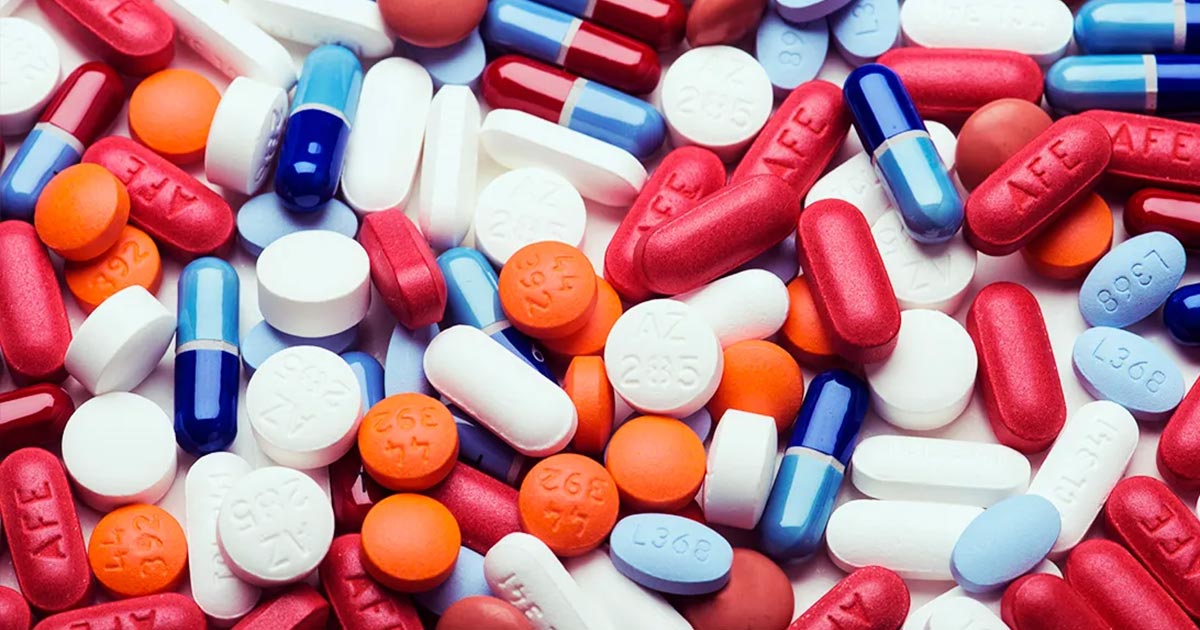Drug Interactions: A Complex Issue
Drug interactions occur when the effects of one medication are altered by the presence of another. These interactions can be beneficial, harmful, or have no significant effect.
Types of Drug Interactions:
- Pharmacokinetic Interactions: These interactions affect how the body processes a drug, including absorption, distribution, metabolism, and elimination.
- Absorption Interactions: One drug can affect the absorption of another, such as by changing stomach pH or interfering with intestinal transporters.
- Distribution Interactions: Drugs can compete for binding sites on proteins, affecting their distribution in the body.
- Metabolism Interactions: One drug can alter the metabolism of another, either by inducing or inhibiting enzymes in the liver.
- Elimination Interactions: Drugs can affect the rate at which another drug is excreted from the body, such as by affecting kidney function.
- Pharmacodynamic Interactions: These interactions affect the drug’s action at its target site.
- Additive Interactions: Two drugs with similar effects can produce a combined effect that is greater than either drug alone.
- Synergistic Interactions: Two drugs can interact to produce a combined effect that is much greater than the sum of their individual effects.
- Antagonistic Interactions: One drug can counteract the effects of another.
Factors Affecting Drug Interactions:
- Dosage: The amount of each drug taken can influence the likelihood and severity of interactions.
- Timing: The timing of drug administration can affect interactions, as some drugs may be absorbed or metabolized more quickly than others.
- Individual Factors: Factors such as age, weight, liver and kidney function, and genetic makeup can influence drug interactions.
Preventing Drug Interactions:
Preventing drug interactions is crucial to ensure the safety and efficacy of your medications. Here are some effective strategies:
1. Comprehensive Medication Review:
- Regularly review your medications: Schedule regular appointments with your healthcare provider to discuss your medications and any changes in your health.
- Provide a complete list: Ensure that your healthcare provider has a comprehensive list of all medications you are taking, including prescription drugs, over-the-counter medications, herbal supplements, and vitamins.
2. Inform Your Healthcare Provider:
- Be open and honest: Disclose all medications you are taking, even if you think they may not be relevant.
- Provide details: Share information about the dosage, frequency, and duration of each medication.
3. Follow Prescribed Instructions:
- Adhere to the dosage: Take your medications exactly as prescribed by your healthcare provider.
- Avoid self-medication: Do not start or stop any medications without consulting your healthcare provider.
4. Monitor for Signs of Interactions:
- Be aware of symptoms: Watch for signs of drug interactions, such as changes in symptoms, side effects, or blood test results.
- Report concerns: If you notice any unusual symptoms, contact your healthcare provider immediately.
5. Use a Medication Tracking App:
- Stay organized: Utilize a medication tracking app to keep a record of all your medications, including dosage, frequency, and refill dates.
6. Consult a Pharmacist:
- Seek expert advice: Pharmacists can provide valuable information about potential drug interactions and offer recommendations for safe medication use.
7. Be Cautious About Self-Medication:
- Avoid unnecessary risks: Try to avoid self-medicating for minor ailments, as this can increase the risk of drug interactions.
8. Educate Yourself:
- Learn about medications: Stay informed about the medications you are taking, including their potential side effects and interactions.
Remember: Preventing drug interactions is a collaborative effort between you and your healthcare providers. By following these guidelines, you can significantly reduce the risk of adverse effects and optimize your medication therapy.
Preventing Drug Interactions in Community Pharmacy Practice

